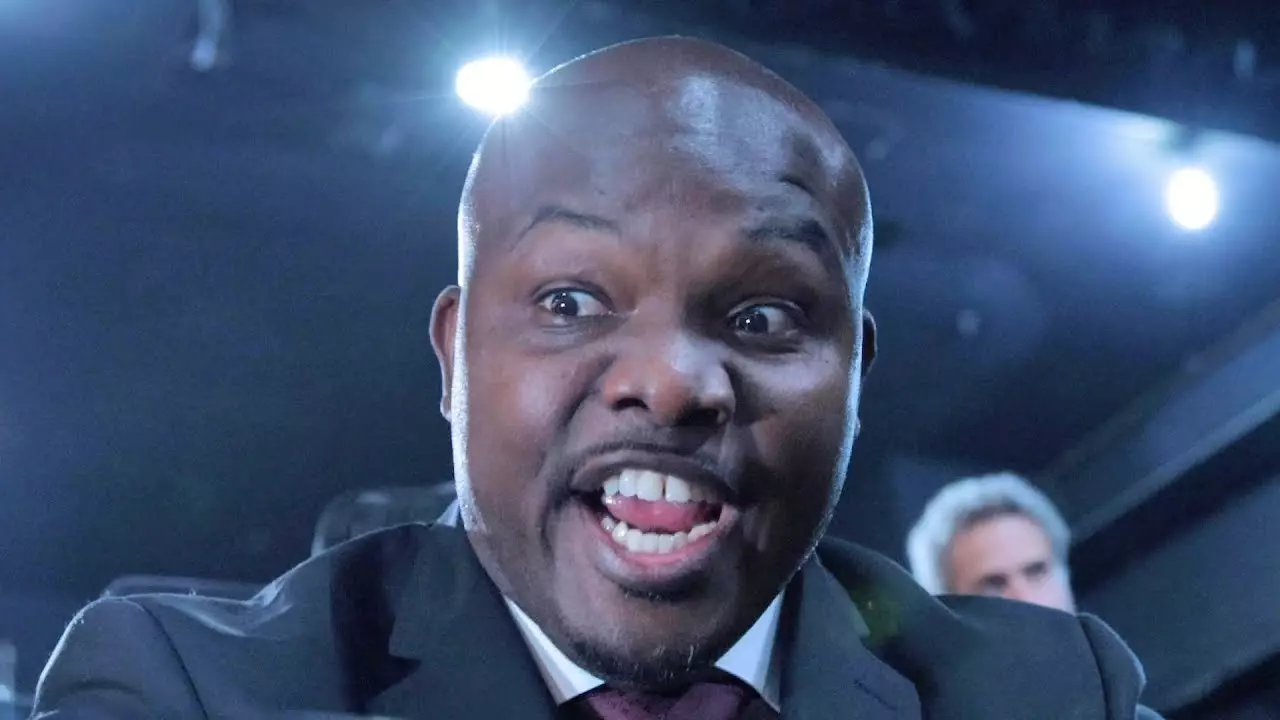The contemporary landscape of professional boxing is rife with complexities, particularly concerning the intersection of athletic integrity and financial incentive. The rise of fighters like Gervonta ‘Tank’ Davis has revealed the stark contrasts between those who uphold their principles and others who may appear to compromise them for monetary gain. Recently, Tim Bradley, a respected figure in the boxing community, lauded Davis for his steadfastness in the face of potential temptation from lucrative opportunities in Saudi Arabia. This commentary not only highlights Bradley’s admiration for Davis but also brings to light the broader discourse surrounding loyalty and authenticity in a sport increasingly influenced by financial motivations.
Saudi Arabia has emerged as an unexpected heavyweight in the boxing world, offering significant payouts to attract prominent fighters. This trend has led many boxers to consider lucrative bouts in Riyadh as their primary pathway to financial success. However, this financial lure raises ethical questions: Is the pursuit of wealth overshadowing the ideals of loyalty and sportsmanship? Several fighters have publicly expressed their willingness to align with Saudi investors, ostensibly for financial gain. Yet, this scenario has a dual-sided narrative, where decisions are often viewed through the lens of personal integrity versus financial necessity.
In a recent discussion on social media platform X, Bradley praised Davis for refusing to “kiss the ring” of Turki Al-Sheikh, a prominent figure in Saudi boxing promotion. This metaphorical refusal signifies a broader stance against conforming to powerful interests for the sake of financial gain. Bradley’s perspective—that Davis is a “real one”—emphasizes not just admiration for his character, but also a critique of his peers who may prioritize financial incentives over their dignity and commitment to the sport. Bradley’s supportive statements sparked interest and discussion among fans and pundits, raising the question: What does it mean to be loyal in a sport becoming increasingly monetized?
Davis’s own comments on social media demonstrate a clear disdain for fellow fighters seeking to curry favor with wealthy promoters. His assertion that many in the boxing community are “built on a dollar sign” and lack loyalty resonates with a growing sentiment among fans who wish to see authenticity preserved in the sport. The frustration expressed by Davis seems to stem from an overarching disappointment in the current state of boxing where money often supersedes principles. His message is explicit: loyalty and authenticity should take precedence over lucrative offers.
Davis’s resistance to compromising his values raises important questions about the aspirations of emerging boxers who look up to established names. As the monetary aspects of the sport intensify, new fighters must navigate their careers carefully, balancing the allure of financial security against the desire to maintain their integrity. The dilemma they face is compounded by the visibility of previous champions—like Canelo Alvarez and Terence Crawford—who have, arguably, allowed financial inducements to dictate their career choices. It challenges the very fabric of what it means to be a champion; is it the accolades or the character that defines true greatness?
The evolving landscape of boxing calls for a reevaluation of its core values. While financial success is an undeniable aspect of professional sports, the sport thrives on the authenticity and loyalty of its participants. Fighters like Gervonta Davis and Tim Bradley highlight the essential conversation about the importance of integrity amidst a backdrop of commodification. In a world where every decision can be monetized, it is imperative for fighters to prioritize their principles. Perhaps this will serve not only to shape their legacy but also preserve the spirit of boxing for future generations. The boxing community, fans, and future fighters alike must champion those who dare to remain true to themselves, ensuring that the sport continues to reflect its rich heritage of honor and competition.

